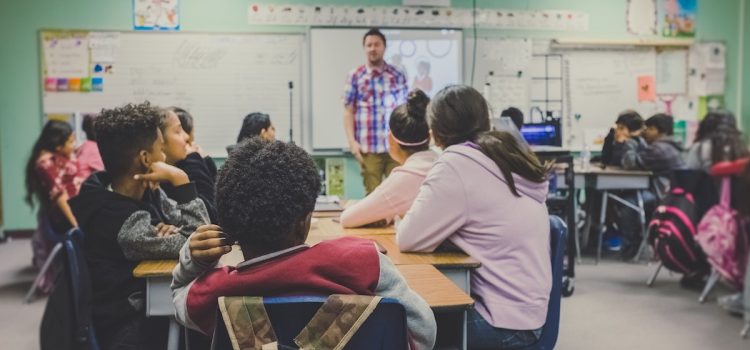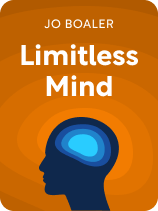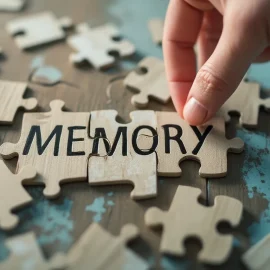

This article is an excerpt from the Shortform book guide to "Limitless Mind" by Jo Boaler. Shortform has the world's best summaries and analyses of books you should be reading.
Like this article? Sign up for a free trial here.
How do our brains work differently when working with others? What happens when we’re exposed to other ways of thinking?
In Limitless Mind, published in 2019, Jo Boaler explains how neuroscience research has overturned our age-old beliefs about how learning works. Based on what we now know, she says that we must foster true collaboration so that students are exposed to many ways of thinking.
Read more to discover the benefits of collaborative learning.
The Benefits of Collaborative Learning
One element that Boaler highlights as essential to improved learning is to increase the level of collaboration among students. She discusses the various benefits of collaborative learning.
Learning is enhanced when multiple regions of the brain are involved in processing information and solving problems. Group work activates the social networking centers of the brain and gets them involved in the knowledge-building process. It also allows students to see how other students think, which promotes the growth of even more neural pathways as they incorporate and mimic the thought processes of their peers while also finding flaws in their own ways of thinking.
(Shortform note: One specific brain component that would be activated in the group work Boaler discusses are mirror neurons—nerves that fire when you witness someone else’s emotions or actions, mimicking the other person’s experience in your own mind. In The Whole-Brain Child, Daniel J. Siegel and Tina Payne Bryson argue that your mirror neurons use interactions with other people to form new neural connections in your brain. While Siegel and Bryson primarily look at how mirror neurons help children develop empathy, other studies show that mirror neurons can help an observer mentally model physical skills, such as those of athletes.)
Collaboration has another benefit—it lets students know they’re not alone in their struggles. Boaler says that because of current teaching methods, in which the teacher instructs and students work on their own, most students aren’t aware of the difficulties their classmates go through and falsely assume they’re the only ones with problems. By finding out about their teammates’ different approaches, students learn that if they’re stuck on a problem, there are always different angles from which to solve it. Collaboration builds a foundation for success by letting students know that it’s all right to ask for help while reducing the sense of isolation that leads many people to give up on their education.
(Shortform note: In a culture that prizes independence and self-reliance, Boaler’s suggestion to ask others for help and rely on a community for support might not come easily. In The Art of Asking, musician Amanda Palmer says that asking for help shouldn’t be one-sided—supportive, collaborative relationships are reciprocal in nature and based on mutual respect. Such collaborations also build communities, such as that between Palmer and the fans of her music or the networks between teachers and students in Boaler’s classrooms.)

———End of Preview———
Like what you just read? Read the rest of the world's best book summary and analysis of Jo Boaler's "Limitless Mind" at Shortform.
Here's what you'll find in our full Limitless Mind summary:
- Why everything you thought you knew about natural abilities is wrong
- Why attitude is more important than aptitude when it comes to learning
- How to apply the science to boost your learning






